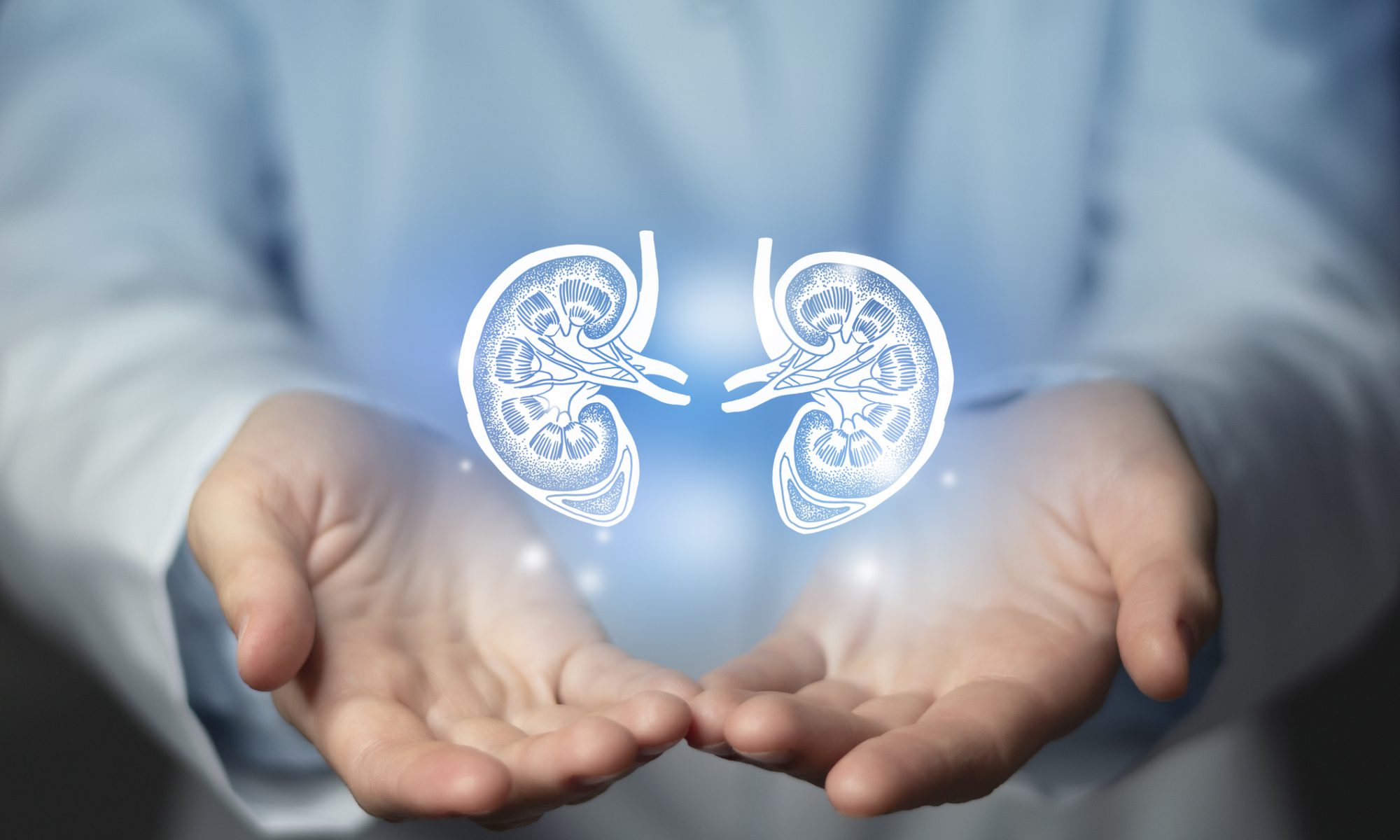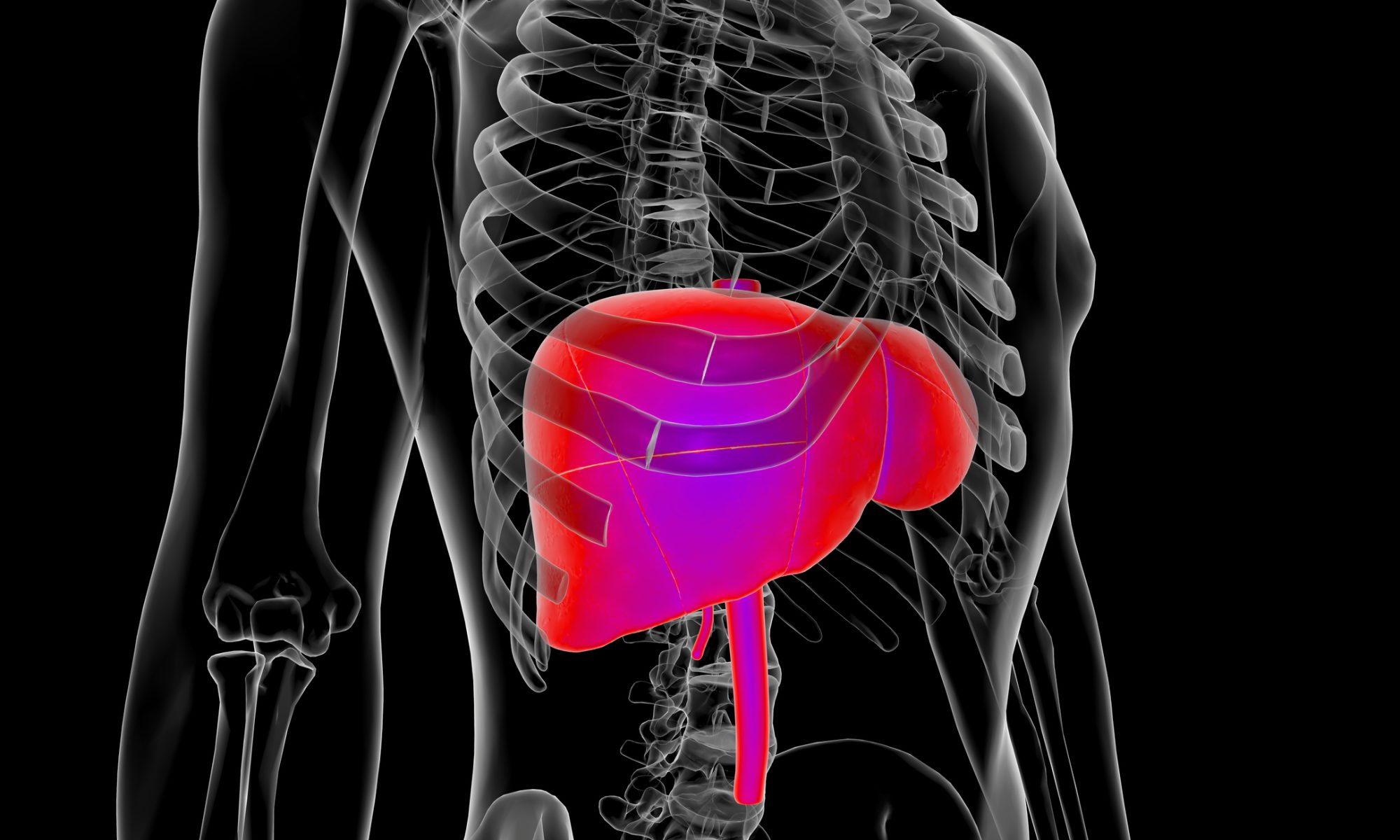By Erik Swain
PHILADELPHIA — An artificial intelligence-based technology that evaluates coronary inflammation predicted risk for cardiac events in patients undergoing coronary CTA, according to new study data.
In the ORFAN study presented at the American Heart Association Scientific Sessions, risk based on coronary inflammation was a strong predictor of cardiac events even in patients with no obstructive CAD showing no plaque or zero calcium score. Read the full article in Healio.









